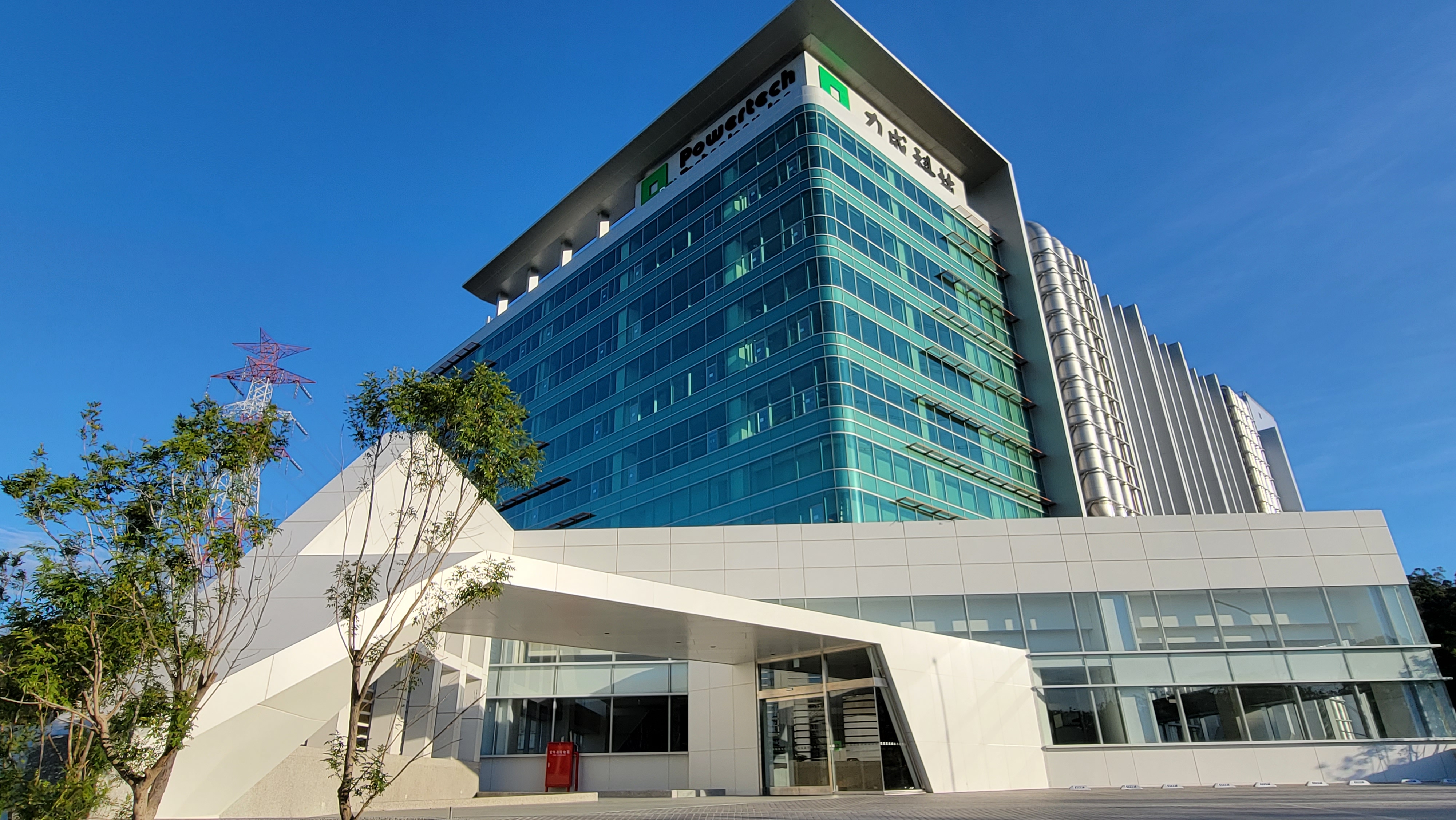Environmental Sustainability
Clean Tech
Implementation of Clean Tech - Face the Impact and Influence of Extreme Climate Change
As the regulations and requirements for environmental sustainability become more and more significant, and the investment in transformational products that meet market needs gradually brings benefits, PTI has taken a proactive approach to mitigation and adaptation, including the development of clean technology as its primary axis of action. To create a win-win situation for both the economy and the environment, PTI has developed a blueprint for sustainable corporate management.
Strategy 1
Implemented a climate-related risk and opportunity identification process in accordance with the Task Force on Climate-related Financial Disclosures Recommendations (TCFD Recommendations).
Strategy 2
Adopted and implemented the development strategy of "Clean Tech".
Strategy 3
Invested in the development of " Clean Tech" such as Fan-Out Panel Level Packaging (FOPLP) and advanced packaging.
Programs & Initiatives
Climate Change Adaptation
- Invested in Advanced Fan-Out Panel Level Packaging (FOPLP), and Automated Material Handling System (AMHS) smart factory design.
- Heterogeneous Integration - Chiplet products and technologies.
- Investing in Low-Carbon Innovation and Technology R&D
- Low-Carbon Packaging Technology
- Water Sustainability-Process Water Conservation, Enhanced Water Management
Climate Change Mitigation
- Greenhouse gas (GHG) inventory and carbon reduction initiatives
- Renewable energy roadmap and actions toward a Net Zero future
- Implementation of ISO 50001 energy management system to improve energy efficiency
- Waste management and pollution prevention for environmental sustainability
(Please refer to the 2024 TCFD Report for details on the "Clean Tech" in practice.)
Fan-Out Panel-Level Packaging (FOPLP) Advanced Technology
Facing the impact of climate change, the use of energy and resources needs to be more efficient. PTI believes that the future package and testing industry will move towards a more diversified and high-tech trend, with smaller products, more functions, lower power consumption, and more environmentally friendly materials. So PTI was committed to strengthening our own research and development capabilities.

In response to industry and technology development trends and customers' increasing demand for advanced package and testing capacity, we have purchased new equipment to increase production capacity and meet customers' expectations for new products. Based on this, we are more actively moving towards cutting-edge, high-efficiency packaging technology. PTI invests in the development of Fan-Out Panel-Level Packaging (FOPLP) technology, which has the advantages of significantly reduced package thickness, effective increase in wire density, and improved product electrical performance; compared with the transistor shrinkage process, the first large-size panel packaging can achieve large-scale production benefits and greatly improve production efficiency. In order to reduce manual handling, when setting up a FOPLP production line, introduce an unmanned handling system (Automated Material Handling System, AMHS) to improve per capita output benefits, and achieve better output per square meter in the same clean room space, practice intelligence and clean tech design.
.jpg)
.jpg)
.jpg)
Renewable Energy Roadmap and Actions Toward a Net Zero Future
The plans for using renewable energy are mainly implemented in the three following stages based on the development of the renewable energy industry:Stage 1
In compliance with the requirements of the Renewable Energy Development Act for major electricity users, the usage of renewable energy amounted to 8,535,594 kWh/year in 2023, achieving 10% of the electricity contract capacity of the installation of renewable energy facilities.
Stage 2
Gradually increasing the share of renewable energy through methods such as solar and wind power, with a target of reaching 5% by 2025 and 15% by 2030.
Stage 3
Achieve the government’s net zero emissions targets and meet RE100 supply chain requirements set by customers by 2050.
Renewable Energy Deployment
In 2024, PTI generated 3,520,460 kWh (12,673.66 GJ) of renewable energy for self-consumption and additionally procured 20,894,000 kWh (75,218.4 GJ) of renewable energy through external purchase for transfer use. The total renewable energy usage reached 24,414,460 kWh (87,892.06 GJ), contributing significantly to reducing carbon emissions from electricity consumption. To further enhance the effectiveness of renewable energy use, PTI plans to procure an additional 15 million kWh of transferred renewable energy in 2025, bringing the estimated total usage to 37.5 million kWh for the year. This initiative reflects a continued commitment toward low-carbon operations and energy sustainability.